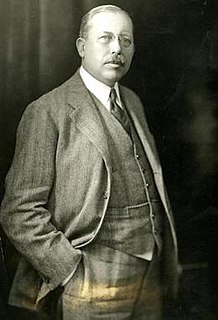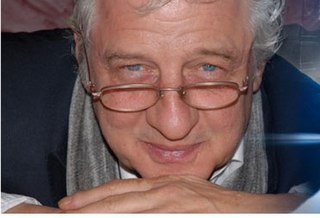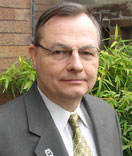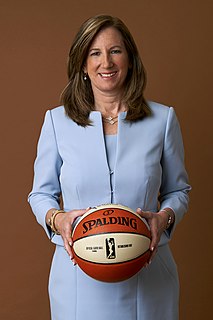A Quote by William James
To begin with, our knowledge grows in spots. The spots may be large or small, but the knowledge ever grows all over... What you first gain from them is probably a small amount of new information, a few new definitions, or distinctions, or points of view. But while these special ideas are being added, the rest of your knowledge stands still, and only gradually will you 'line up' your previous opinions with the novelties I am trying to instil, and modify to some slight degree their mass.
Quote Topics
Related Quotes
Our minds thus grow in spots; and like grease-spots, the spots spread. But we let them spread as little as possible: we keep unaltered as much of our old knowledge, as many of our old prejudices and beliefs, as we can. We patch and tinker more than we renew. The novelty soaks in; it stains the ancient mass; but it is also tinged by what absorbs it.
This society in which knowledge workers dominate is in danger of a new "class conflict" between the large minority of knowledge workers and the majority of workers who will make their livings through traditional ways, either by manual work... or by service work. The productivity of knowledge work - still abysmally low - will predictably become the economic challenge of the knowledge society. On it will depend the ability of the knowledge society to give decent incomes, and with them dignity and status, to non knowledge people.
As the biggest library if it is in disorder is not as useful as a small but well-arranged one, so you may accumulate a vast amount of knowledge but it will be of far less value to you than a much smaller amount if you have not thought it over for yourself; because only through ordering what you know by comparing every truth with every other truth can you take complete possession of your knowledge and get it into your power. You can think about only what you know, so you ought to learn something; on the other hand, you can know only what you have thought about.
Data isn't information. ... Information, unlike data, is useful. While there's a gulf between data and information, there's a wide ocean between information and knowledge. What turns the gears in our brains isn't information, but ideas, inventions, and inspiration. Knowledge-not information-implies understanding. And beyond knowledge lies what we should be seeking: wisdom.
Of course, you don't have to have a degree to be rich. You just have to have ideas. Maybe having a degree sets you back, for it stuffs you into tick-tock [the daily grind of work], and perhaps that stifles your creative mind. But the fact is that many millionaires have few educational qualifications of any kind at all. However, they still have knowledge. The difference is, they have knowledge they can sell, and others have the "common knowledge" of tick-tock, which isn't worth as much, if anything at all.
So the problem in the West is that, especially in places like the USA, a person will obtain this much knowledge and immediately think that they have a large amount of knowledge. And then start to act on the basis of what they think, they posses. Instead of having this much knowledge and realizing that in fact this is only this much knowledge and the amount of where you can go there is where you came is much bigger than where you've already gotten.
We should not be content to say that power has a need for such-and-such a discovery, such-and-such a form of knowledge, but we should add that the exercise of power itself creates and causes to emerge new objects of knowledge and accumulates new bodies of information. ... The exercise of power perpetually creates knowledge and, conversely, knowledge constantly induces effects of power. ... It is not possible for power to be exercised without knowledge, it is impossible for knowledge not to engender power.
Though we [Humanists] take a strict position on what constitutes knowledge, we are not critical of the source of ideas. Often intuitive feelings, hunches, speculation, and flashes of inspiration prove to be excellent sources of novel approaches, new ways of looking at things, new discoveries, and new information. We do not disparage those ideas derived from religious experience, altered states of consciousness, or the emotions; we merely declare that testing these ideas against reality is the only way to determine their validity as knowledge.
Surely knowledge of the natural world, knowledge of the human condition, knowledge of the nature and dynamics of society, knowledge of the past so that one may use it in experiencing the present and aspiring to the future--all of these, it would seem reasonable to suppose, are essential to an educated man. To these must be added another--knowledge of the products of our artistic heritage that mark the history of our esthetic wonder and delight.
But what parent can tell when some . . . fragmentary gift of knowledge or wisdom will enrich her children's lives? Or how a small seed of information passed from one generation to another may generate a new science, a new industry-a seed which neither the giver nor the receiver can truly evaluate at the time.








































